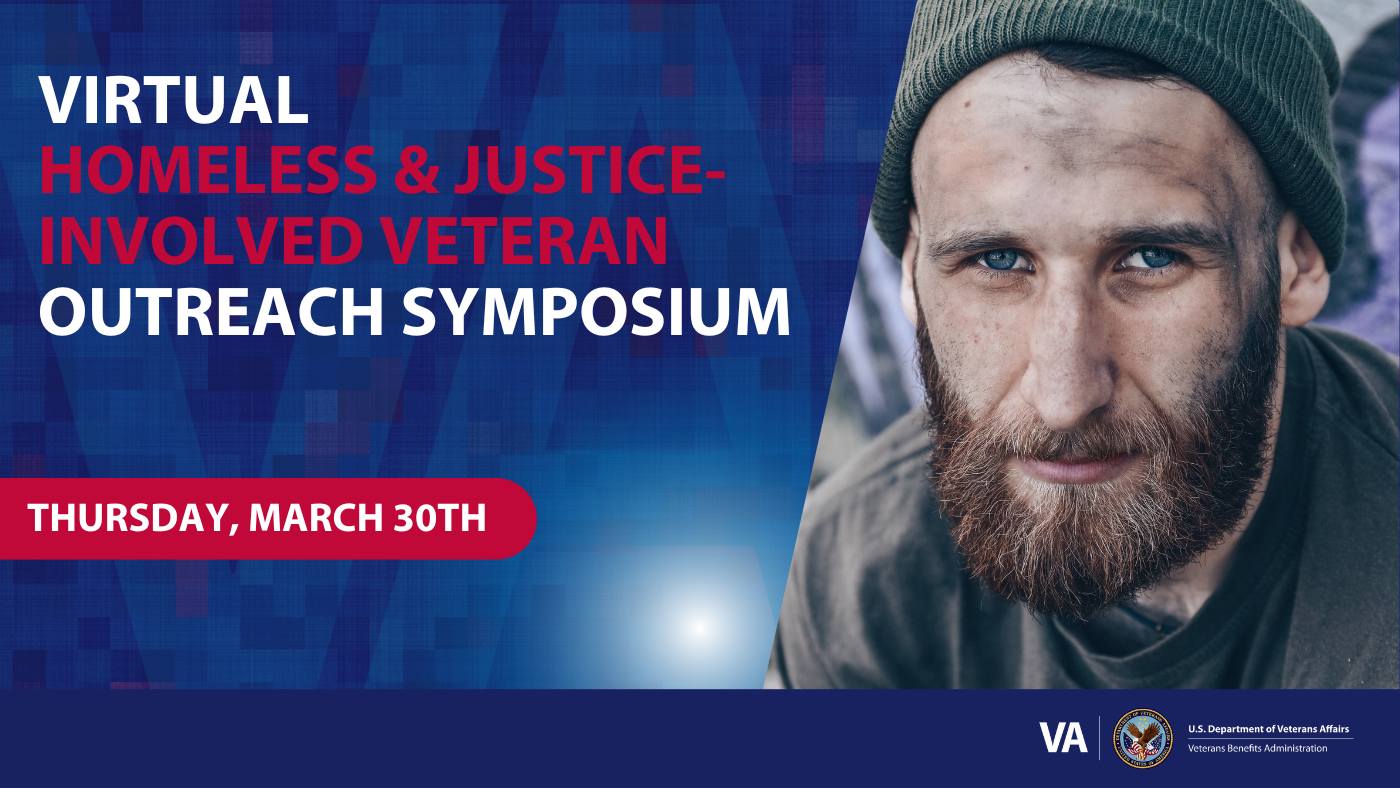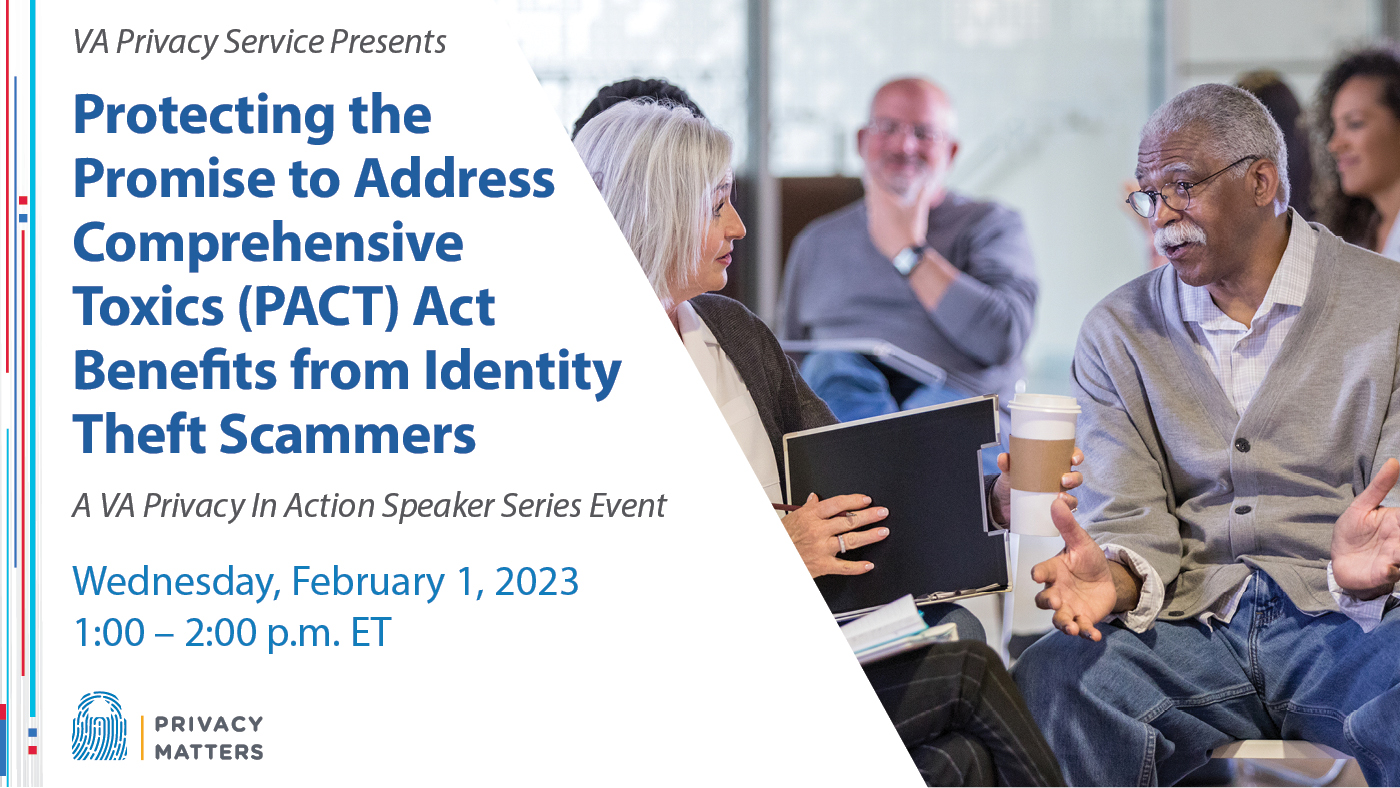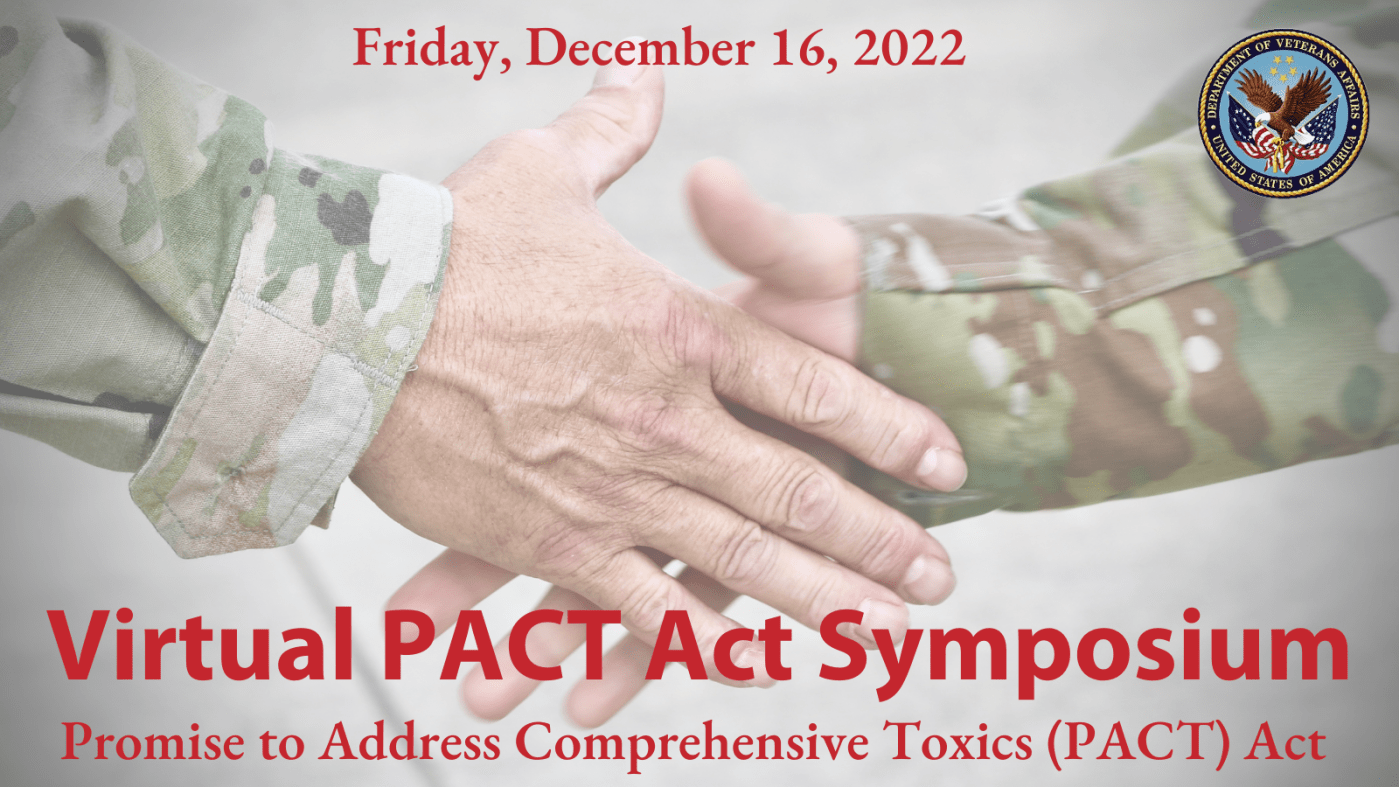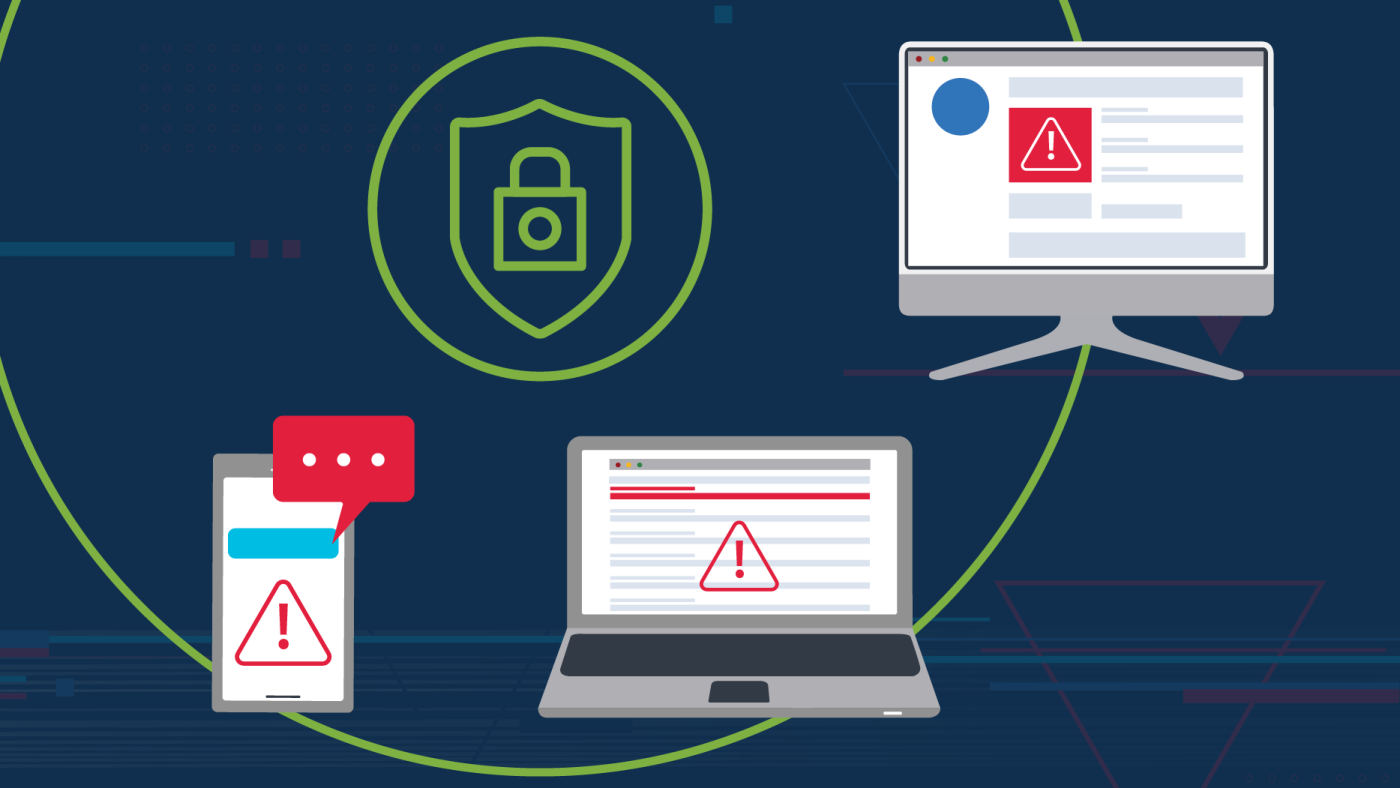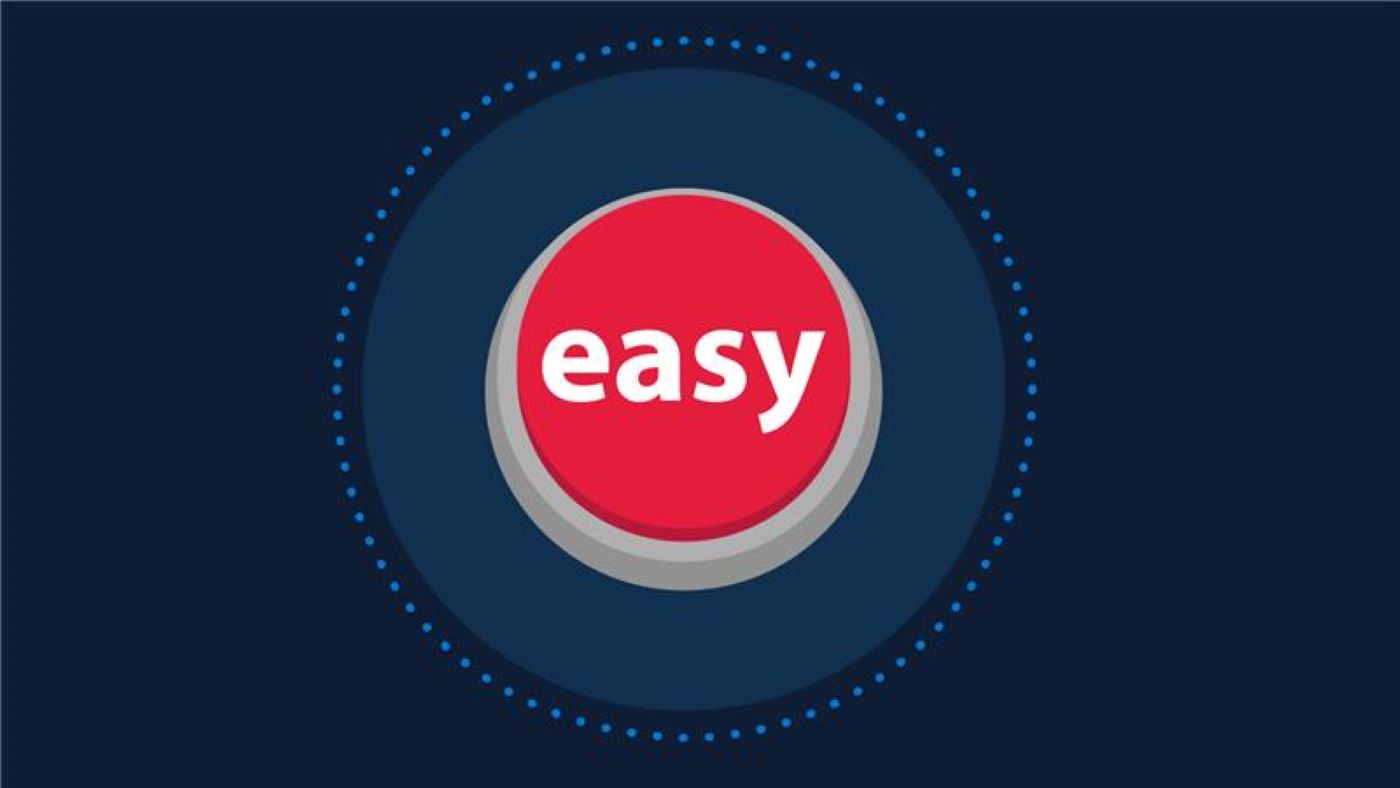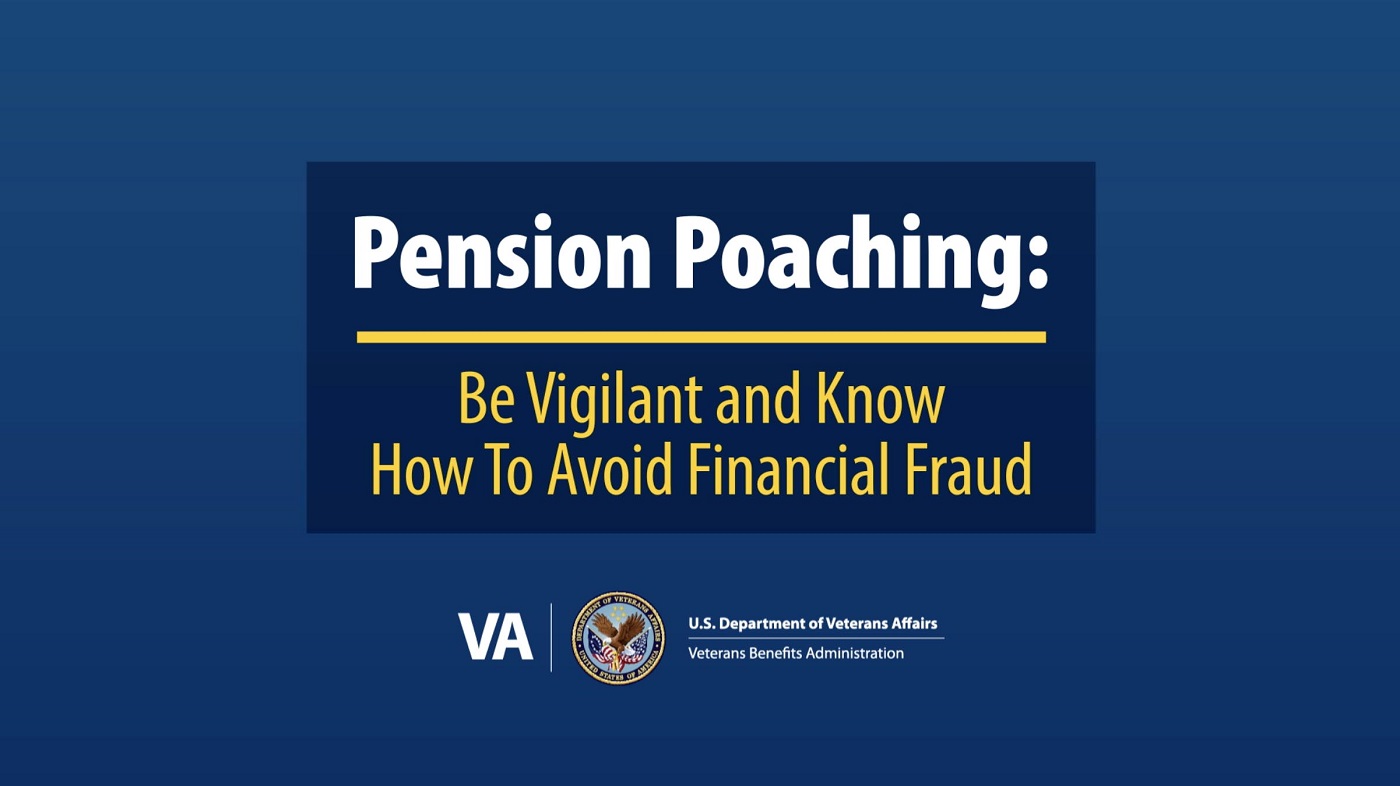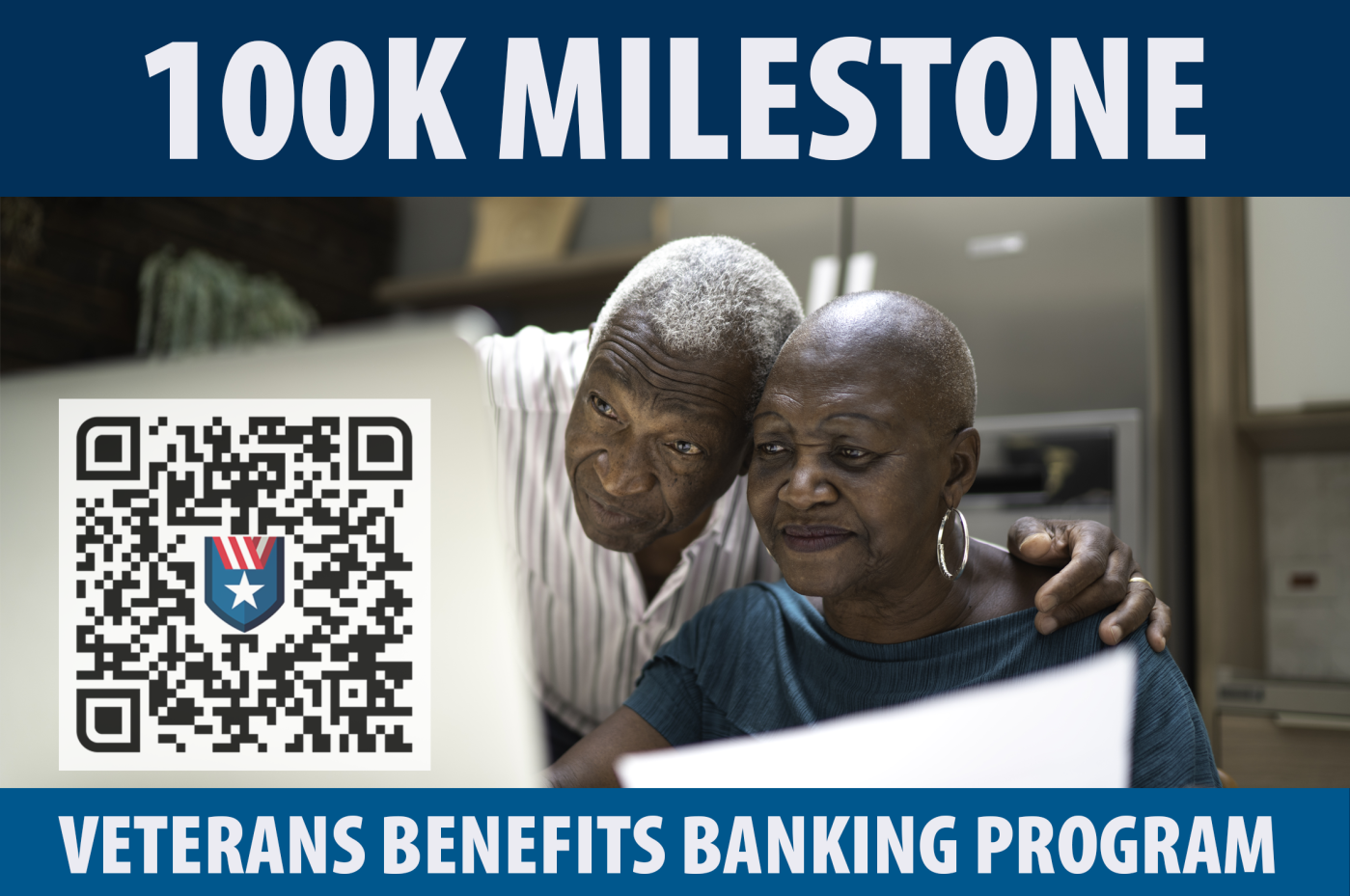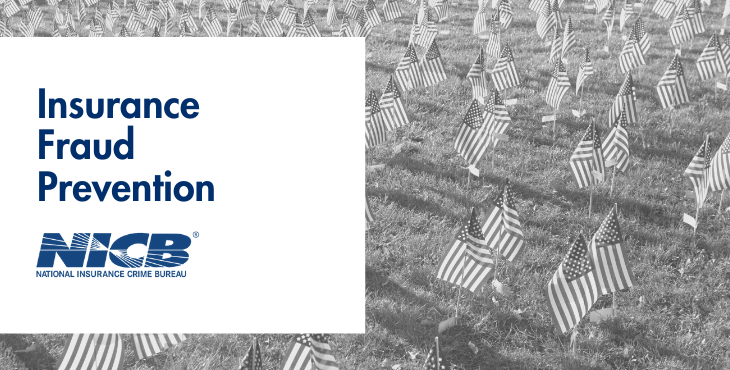Homeless Coordinators and external stakeholders will learn what VA is doing to assist Veterans experiencing homelessness during the Virtual Homeless and Justice-Involved Veteran Outreach Symposium March 30, from noon to 3:30 p.m. EST.
Register for a webinar on PACT Act benefits and staying safe from Identity Theft Scammers, on February 1, 2023, 1:00 to 2:00 p.m. ET.
The Veterans Benefits Administration (VBA), Outreach, Transition and Economic Development (OTED) will host a three-hour virtual symposium on The Sergeant First Class Heath Robinson Honoring our Promise to Address Comprehensive Toxics (PACT) Act – possibly the biggest expansion of Veterans benefits in history – from 1-4 p.m. ET on Dec 16.
Myth: People who use trafficking to exploit others smuggle or abduct them. Fact: More often, the trafficker is a person the individual loves and trusts.
Learn how you can guard your VA online health information against scammers and online threats when using My HealtheVet or VA apps.
Have you seen television commercials, social media posts, or other advertisements from companies telling you to “act now” to claim your Camp Lejeune or PACT Act benefits?
October is Cybersecurity Awareness Month (CSAM), and it’s time to remember that cybersecurity is everyone’s responsibility.
Add a double layer of account security by implementing multi-factor authentication on your VA information, if you don’t yet have it turned on.
The Veterans Pension program provides compensation to wartime Veterans who meet certain age or disability requirements and have limited income and net worth. Here's how to avoid getting scammed.
Veterans wanting to learn more about financial literacy can take advantage of the following free resources and events from The Office of the Comptroller of the Currency (OCC)
VA established the Veterans Benefits Banking Program (VBBP) in 2019. Since then, more than 100,000 Veterans have switched to direct deposit.
Military Veterans and retirees reported $66 million in fraud losses in 2020, according to Federal Trade Commission (FTC) data. Fraud is the second-most-costly white-collar crime in America. These crimes add up to billions of dollars in fraudulent insurance claims every year. Even if you haven’t suffered a direct loss, you are still a victim of insurance fraud.

